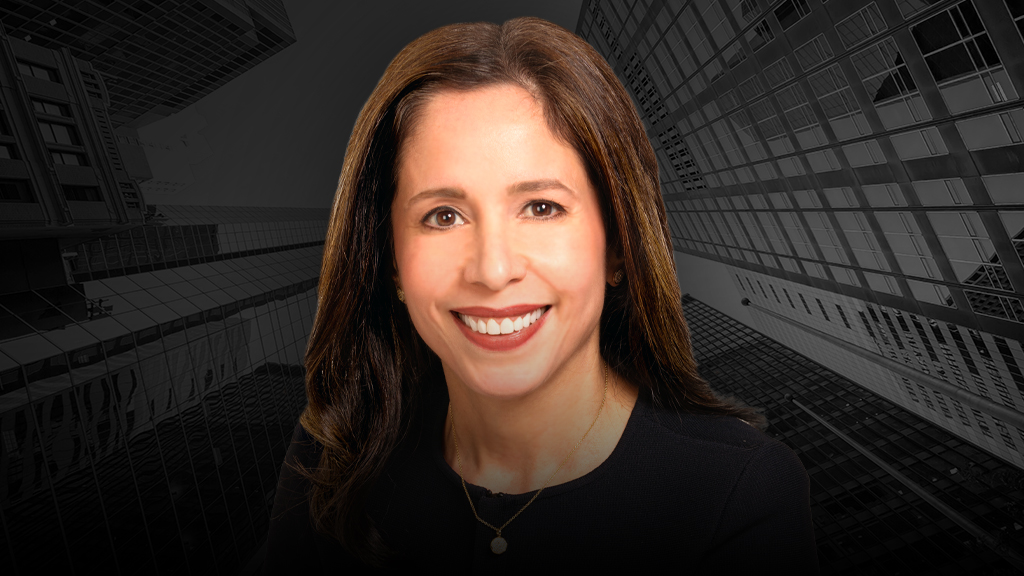Priscilla Almodovar
Fannie Mae President & CEO
As CEO of Fannie Mae, Priscilla Almodovar’s mission has been twofold: to strengthen the company's operations and to restore its reputation.
Priscilla Almodovar, President and CEO of Fannie Mae, recently joined me on the Walker Webcast for an insightful discussion of Fannie Mae’s transformation and her own mission as CEO.
Discovering a passion for housing
Priscilla, like many in this country, grew up in a rented home before her parents could buy one. Over the years, she witnessed firsthand the many benefits of homeownership and learned that purchasing a home in the U.S. is achievable with hard work and diligent saving. This realization sparked her passion for making a difference in people's lives by helping them achieve homeownership through financial support. This interest in the intersection of finance and housing became the foundation of her lifelong career, driving her commitment to both the public and private sectors in real estate.
Why it’s difficult to build affordable housing
The U.S. is facing an affordability crisis, with rent and home prices soaring at rates that outpace income growth. Affordable housing is the clear solution, but building it has proven incredibly challenging. Part of the complexity comes from the intricacies of housing development, and rising costs also play a significant role. Prices for materials like nails and concrete, as well as the cost of land itself, have surged over the past few years. On top of that, proposals for affordable housing often face resistance from communities, driven by NIMBY-ism.
Fortunately, both sides of the presidential campaign recognize this crisis and have proposed plans to address it. However, regardless of who is elected, implementing these plans will be no easy feat. Success will require coordination across federal, state, and local governments—sometimes even down to the county level. In the end, any housing proposal must still make financial sense for developers to move forward.
Fannie Mae CEO’s mission
As CEO of Fannie Mae, Priscilla's mission has been twofold: to strengthen the company's operations and to restore its reputation. Following the Global Financial Crisis, both Fannie Mae and Freddie Mac faced significant public scrutiny and were placed under federal conservatorship. Priscilla is committed to reclaiming the respected name Fannie Mae once held, while also working to make homeownership more accessible for Americans—a key pillar of the American Dream. Her leadership is focused on ensuring that Fannie Mae plays a vital role in helping more people achieve the dream of owning a home.
Want more?
To see who’s next on our guest list, subscribe to the Walker Webcast!
At a glance
Related Walker Webcasts
CRE Executive Perspectives with James Millon, Justin Wheeler, & Michelle Herrick
Learn More
February 18, 2026
Real Estate
Positioning for the Next CRE and Credit Market Cycles with Michael Nierenberg
Learn More
February 11, 2026
Real Estate
The Road Ahead for U.S. Housing with Ivy Zelman
Learn More
January 21, 2026
Real Estate
Insights
Check out the latest relevant content from W&D
News & Events
Find out what we're doing by regulary visiting our News & Events pages
